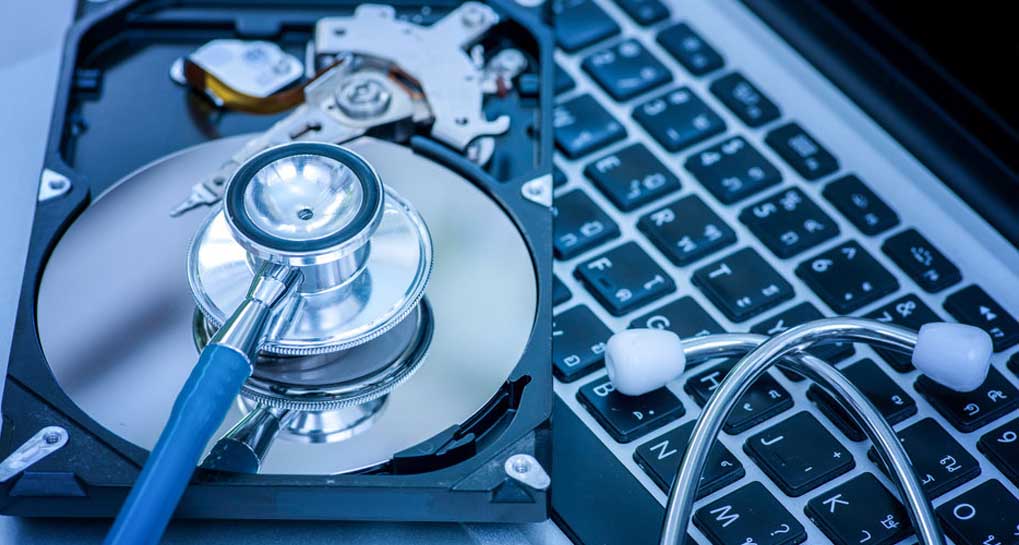
Powerful Tips: Battery Maintenance Best Practices
Batteries are a crucial component of various devices and systems, and proper maintenance is essential to ensure their longevity and optimal performance. Explore the best practices for battery maintenance to get the most out of your energy storage solutions.
Understanding Battery Types and Characteristics
Before delving into maintenance practices, it’s crucial to understand the type of batteries you’re dealing with. Different batteries, such as lead-acid, lithium-ion, and nickel-metal hydride, have distinct characteristics and require specific maintenance approaches. Familiarize yourself with the recommended procedures for the type of battery you are working with.
Regular Inspection and Cleaning
Routine inspections are a cornerstone of effective battery maintenance. Check for signs of corrosion, leaks, or physical damage. Clean the battery terminals regularly to prevent the accumulation of dirt and corrosion, which can impede the flow of electrical currents and impact performance.
Monitoring Battery Temperature
Battery temperature is a critical factor influencing performance and lifespan. Ensure that batteries are operating within the recommended temperature range. Extreme temperatures, whether too hot or too cold, can negatively impact battery efficiency. Implement measures, such as insulation or ventilation, to regulate temperature when necessary.
Optimizing Charging Practices
Proper charging practices are vital for maintaining battery health. Avoid overcharging, as it can lead to increased heat and accelerated degradation. Conversely, prevent deep discharging, which can be equally harmful. Use chargers specifically designed for the battery type and follow manufacturer recommendations for charging cycles.
Implementing Regular Capacity Testing
Periodic capacity testing helps assess the overall health and performance of a battery. Conducting capacity tests provides insights into a battery’s ability to store and deliver energy. Regular testing allows you to identify potential issues early and take corrective actions, such as recalibration or replacement, if needed.
Storage Considerations for Longevity
If batteries will be in storage for an extended period, follow proper storage guidelines. Charge batteries to the recommended state of charge before storing them. Additionally, store batteries in a cool, dry place, away from direct sunlight and extreme temperatures. Regularly check and recharge stored batteries to prevent self-discharge.
Applying Firmware and Software Updates
For batteries in smart devices or those connected to battery management systems, stay updated on firmware and software releases. Manufacturers often release updates to improve battery efficiency, address potential issues, and enhance overall performance. Regularly check for and apply these updates as part of your maintenance routine.
Ensuring Adequate Ventilation
Proper ventilation is crucial, especially for batteries that generate heat during operation. Ensure that batteries have adequate airflow to dissipate heat effectively. This is particularly important for larger batteries, such as those used in uninterruptible power supply (UPS) systems or electric vehicles.
Safety First: Handling and Disposal
Safety is paramount in battery maintenance. Follow proper safety protocols when handling batteries, including wearing protective gear and avoiding contact with corrosive substances. When it comes to disposal, adhere to environmental regulations and recycle batteries responsibly to minimize environmental impact.
Educating Users and Personnel
In institutional or industrial settings, ensure that personnel are well-educated on battery maintenance practices. Implement training programs to familiarize users with proper handling, charging, and storage procedures. Knowledgeable users contribute to the overall effectiveness of battery maintenance efforts.
Seizing Battery Maintenance Best Practices for Reliability
In conclusion, implementing these battery maintenance best practices contributes to the reliability and longevity of energy storage solutions. Whether for small electronic devices, renewable energy systems, or backup power supplies, a proactive approach to battery maintenance ensures optimal performance and extends the lifespan of these essential components. For more insights and resources on battery maintenance, visit Battery Maintenance Best Practices.




